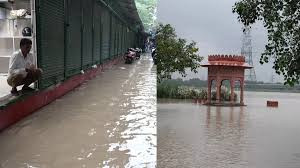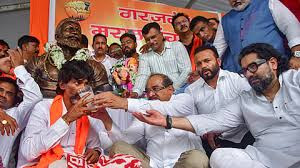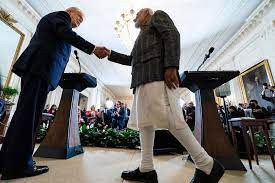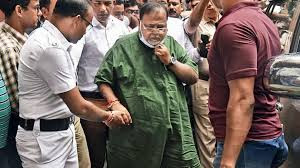India’s Road Infrastructure to Surpass the US in Two Years, Says Nitin Gadkari; New GPS-Based Toll Policy on the Way
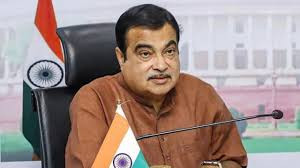
IIE DIGITAL DESK : India is set to witness a transformative leap in its road infrastructure over the next two years, with Union Minister for Road Transport and Highways, Nitin Gadkari, expressing confidence that the country’s highways will soon surpass those of the United States in quality, efficiency, and technology. Speaking at a public event, Gadkari outlined the government’s ambitious plans for road development and modernization, adding that a new toll policy featuring GPS-based systems will be rolled out shortly to make highway travel smoother, more transparent, and commuter-friendly.
Highlighting the pace at which India’s road network has evolved, Gadkari pointed out that the country’s national highway length has seen a massive increase over the past decade. From around 91,000 kilometers in 2014, India’s national highway network has expanded to over 1.45 lakh kilometers. The quality of road construction has also significantly improved, with expressways and high-speed corridors now meeting global standards. Gadkari noted that the Delhi-Mumbai Expressway, Bengaluru-Chennai Expressway, and many such greenfield projects are examples of India’s world-class engineering capabilities.
A major focus of the government is to eliminate delays and reduce fuel consumption by modernizing toll collection systems. To address this, the Ministry of Road Transport and Highways will soon launch a nationwide GPS-based tolling mechanism that will replace traditional toll booths. Under this new system, vehicles will be charged based on the exact distance traveled on highways, thereby eliminating long queues and ensuring fair tolling. Gadkari announced that this system will be implemented in phases and will begin rolling out within the next six months.
This GPS tolling system is expected to significantly reduce traffic congestion, travel time, and carbon emissions. It will also improve transparency and curb revenue leakages associated with manual or partially automated toll collection methods. Gadkari emphasized that the aim is to move toward a system where there are no toll plazas at all, and payments happen seamlessly through digital tracking and deduction.
Alongside this, the government is working on a uniform toll policy that will address discrepancies in toll charges across different regions and highway projects. At present, many commuters have raised concerns over rising toll costs and the lack of consistency in pricing. The upcoming uniform policy aims to streamline toll rates, making them predictable and equitable for all road users, regardless of location.
Gadkari’s statement comes at a time when India is rapidly urbanizing and expanding its logistics and transportation sectors. Improved road infrastructure is expected to boost economic productivity, attract investments, and enhance safety and convenience for everyday commuters and transporters alike. With a combination of policy reforms, technological integration, and accelerated construction, the government hopes to redefine India's road travel experience.
India’s journey toward having the world’s most advanced road infrastructure is not just about speed and connectivity but also about sustainability, equity, and long-term impact. As the nation marches toward this milestone, it underscores a bold vision for the future—one where India's highways set the gold standard globally.
You might also like!







